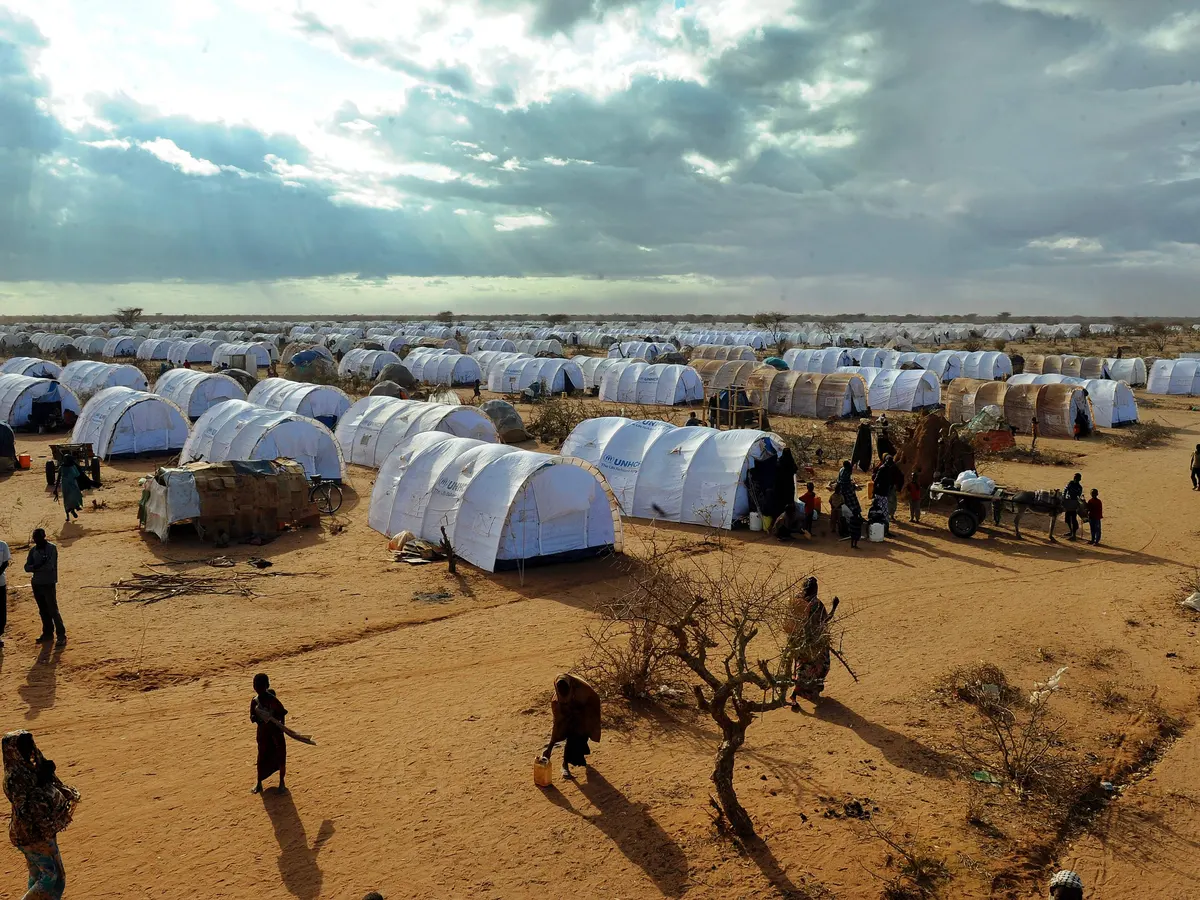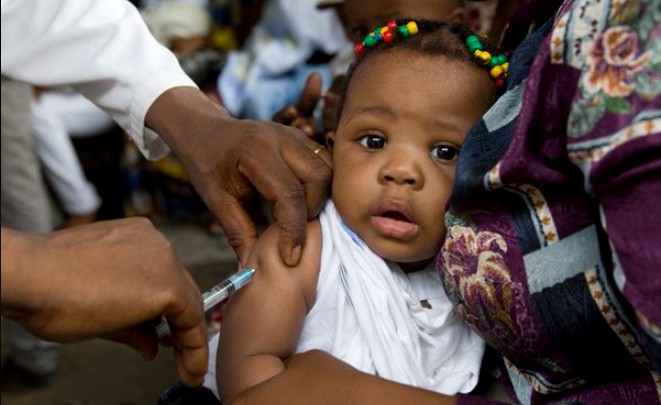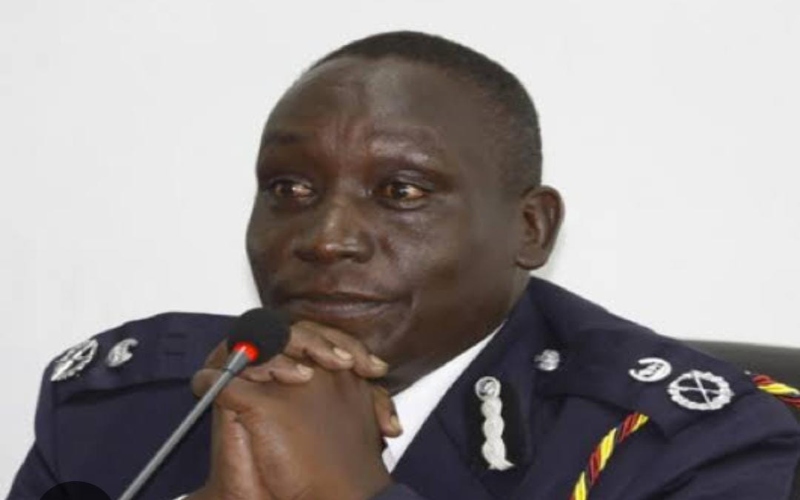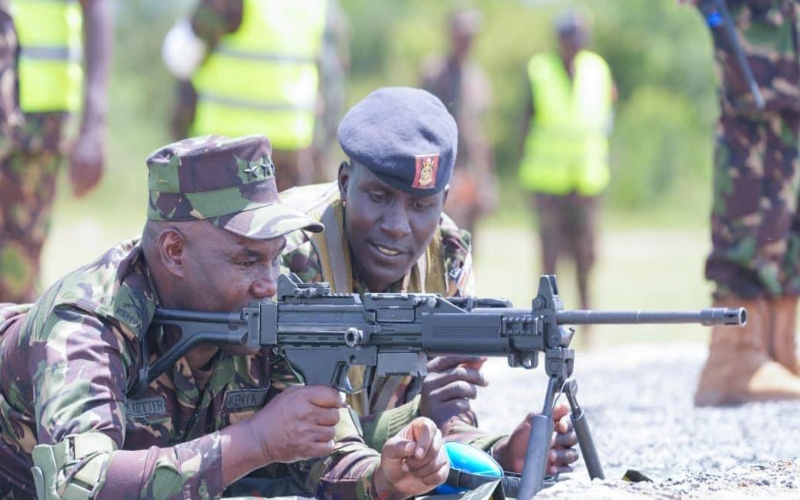MPs seek equal support for host communities amid rising refugee numbers

Under the leadership of Sigor MP Peter Lochakapong, the committee concluded a two-day visit to Garissa County, revealing escalating tensions and resource competition in the region.
The strained relationship between refugees and host communities took centre stage during a recent fact-finding mission by the National Assembly's Regional Development Committee.
Under the leadership of Sigor MP Peter Lochakapong, the committee concluded a two-day visit to Garissa County, revealing escalating tensions and resource competition in the region.
More To Read
- Trump faces rising backlash over remarks targeting Somali immigrants
- Kenya’s refugee population hits 860,000 as State pushes integration plan
- African Commission hails Côte d’Ivoire’s move to protect displaced populations
- Uganda stops granting refugee status to nationals from Ethiopia, Somalia and Eritrea
- Refugee group raises alarm over lending traps facing displaced families
- Kenya defends stricter asylum screening for Ethiopian, Eritrean applicants
The Committee conducted a fact-finding mission to Kakuma and Kalobeyei refugee camps in Lodwar, Turkana County and Dadaab and Fafi constituencies in Garissa County where the camps visited included IFO 1, IFO 2, Kabiyos, Dagahaley, and Hagadera.
“As a committee, we oversee refugee affairs, and we have visited today the Kakuma Refugee Camp just to find out the issues raised by residents and how the refugees are integrated within the community," said Lochakapong.
With over 408,000 refugees, primarily from Somalia, compared to a local population of 319,000, Dadaab has become a focal point of resource conflicts. The Committee highlighted the disparity in resource allocation, especially in education, noting that refugees receive significantly more support than the host communities.
“We observed that the attention given to refugees is disproportionately affecting the host communities,” Lochakapong said. “For example, there are about 3,000 scholarships for refugees, while only about 30 are available for local community members, which is clearly unfair.”
The situation has been further complicated by refugees who consider Dadaab a “land of milk and honey.” Many reportedly cross the Kenya-Somalia border, sometimes bribing security personnel, in hopes of finding better opportunities.
The influx has led to severe environmental degradation and escalated resource conflicts, with local residents voicing concerns over limited access to water, pasture, and food.
Garissa locals also noted an increase in poaching and deforestation, as some refugees resort to these activities for survival.
The local population is looking for a formal agreement or policy that outlines their responsibility for hosting refugees and guarantees they don't ignore their own needs.
“The host communities feel neglected, and we are committed to addressing these concerns,” said Committee Vice-Chair Mary Wamaua. “The refugee numbers need to be reduced to relieve the pressure on local resources.”
The Committee also identified security as a major concern due to the porous Kenya-Somalia border, which has allowed a steady inflow of refugees.
Wamaua emphasised the need for enhanced border security, highlighting the possibility that some refugees may be entering Kenya for reasons that are “not entirely legitimate.”
“We plan to urge the government to tighten border security to prevent unnecessary refugee inflows,” she added.
Top Stories Today















































